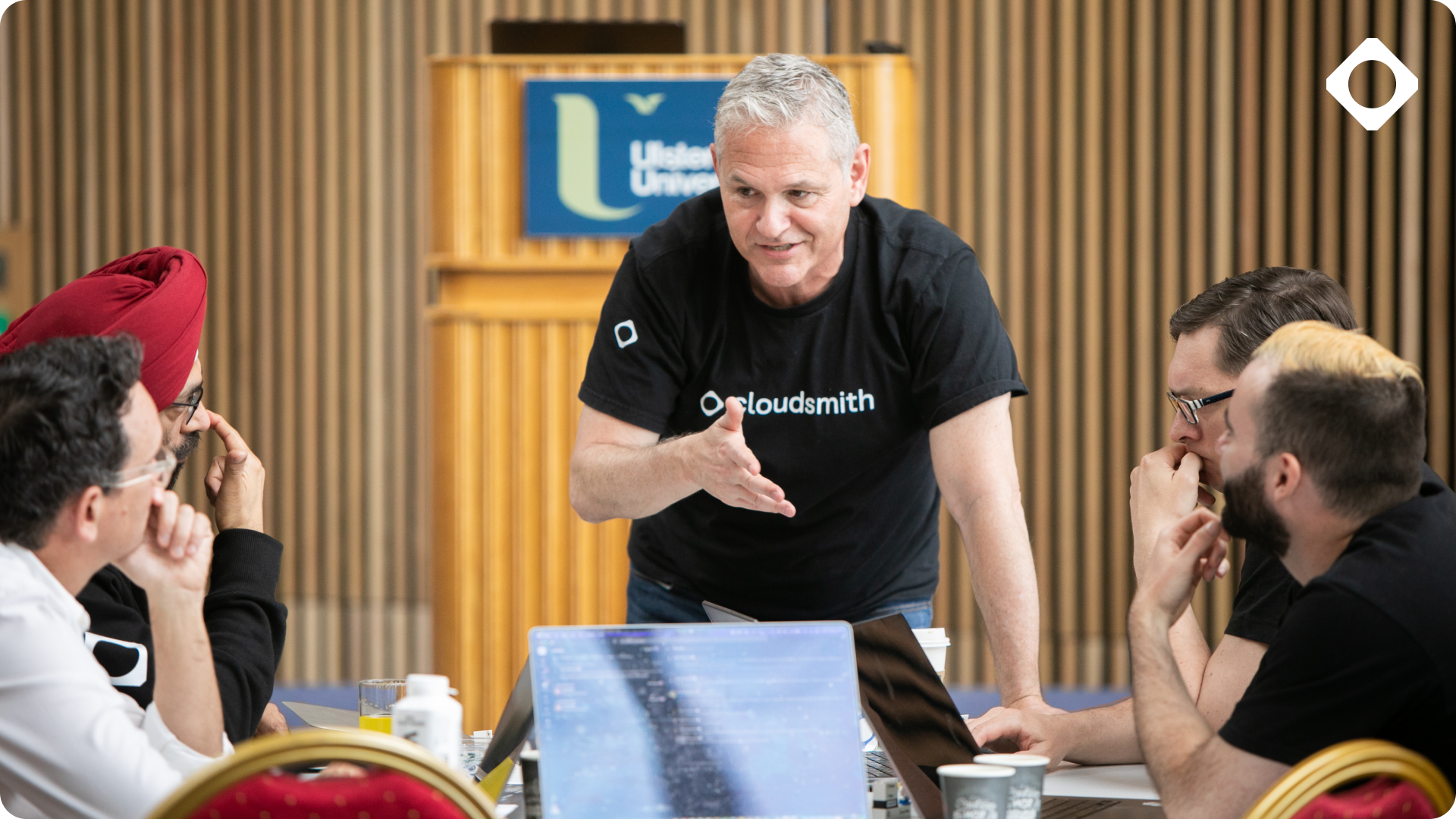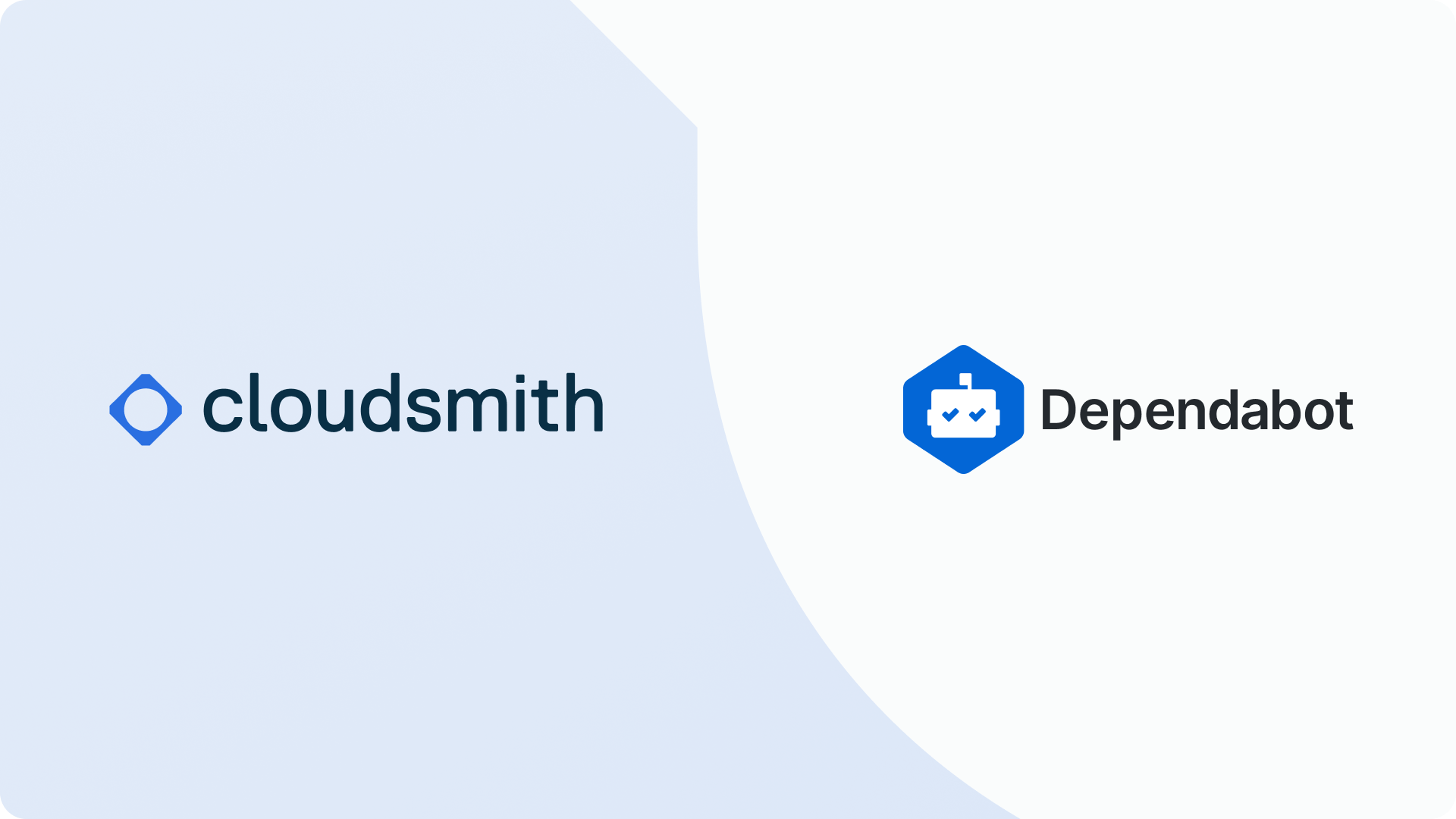
Reflecting on ShipItCon 2024: High-performing teams need flow

Cloudsmith brings the concept of flow—removing barriers and streamlining processes to keep everything moving smoothly - to artifact management. We want to help teams focus on what really matters: delivering value swiftly and efficiently.
The speakers at ShipItCon kept mentioning the importance of flow, especially how it ties in with observability, cloud processing, reducing handoffs, and building durable teams. Mihai Paun and Alma Tarfa discussed harnessing developer feedback to boost productivity, and Jim Dowling delved into the complexities of building AI systems. The message was clear: achieving flow is crucial, but it’s no walk in the park.
Claire Burn’s talk was another highlight. She shared her team's tough decision to pivot away from Kubernetes after realizing it wasn’t the right fit for their needs. This decision was a prime example of overcoming the sunk cost fallacy—choosing to prioritize flow and efficiency over sticking with a tool that wasn’t serving their goals. It reinforced the idea that sometimes, maintaining flow requires the courage to reassess and change direction.
Jim Dowling’s session on MLOps was another eye-opener. He laid out just how challenging it is to maintain flow when you’re dealing with AI systems. The sheer number of pipelines, the complexity of managing data, and the different competencies required all create significant obstacles. It got me thinking about how Cloudsmith might be able to help alleviate some of these pains—perhaps by simplifying artifact management in MLOps, making it easier for teams to keep that flow going.
Sam Newman also urged us to revisit the Agile Manifesto, reminding us that its principles, like "Individuals and Interactions over Processes and Tools," are still relevant. It’s a timely reminder that no matter how much our tools and processes evolve, the human element remains key to achieving flow.
Matthew Skelton’s talk connected the dots between flow, cloud capabilities, and organizational performance. He referenced findings from Dora’s Accelerate State of DevOps reports, which demonstrate that effective use of cloud technologies is predictive of improved software delivery performance and availability. At Cloudsmith, we certainly agree!
Achieving flow is also rooted in the underlying culture. This was a recurring theme at ShipItCon, where several speakers highlighted how a well-nurtured environment is essential for maintaining a high-flow state. At Cloudsmith, we are guided by the Tao of Cloudsmith, a culture of Honesty, Transparency, Improvement, and Sustainable Pace.
The talks this year were a nice blend of visionary thinking and practical advice. Charity Majors pushed us to think about how observability and flow should evolve together, while Paweł Malon and Paul Dailly offered practical insights for implementing observability to boost team effectiveness.
ShipItCon 2024's theme of flow was woven through every discussion. It’s a reminder to maintain smooth, efficient processes in everything we do—enhancing developer experiences, navigating the challenges of AI, or cutting down on the clutter in our pipelines.
More articles


What Makes Cloudsmith Special: Reflections on 1 Year as CEO

Using Cloudsmith as a Dependency Firewall

5 Lessons on the Evolution From DevOps to Platform Engineering

Fortify Dependency Management With Cloudsmith + Dependabot
